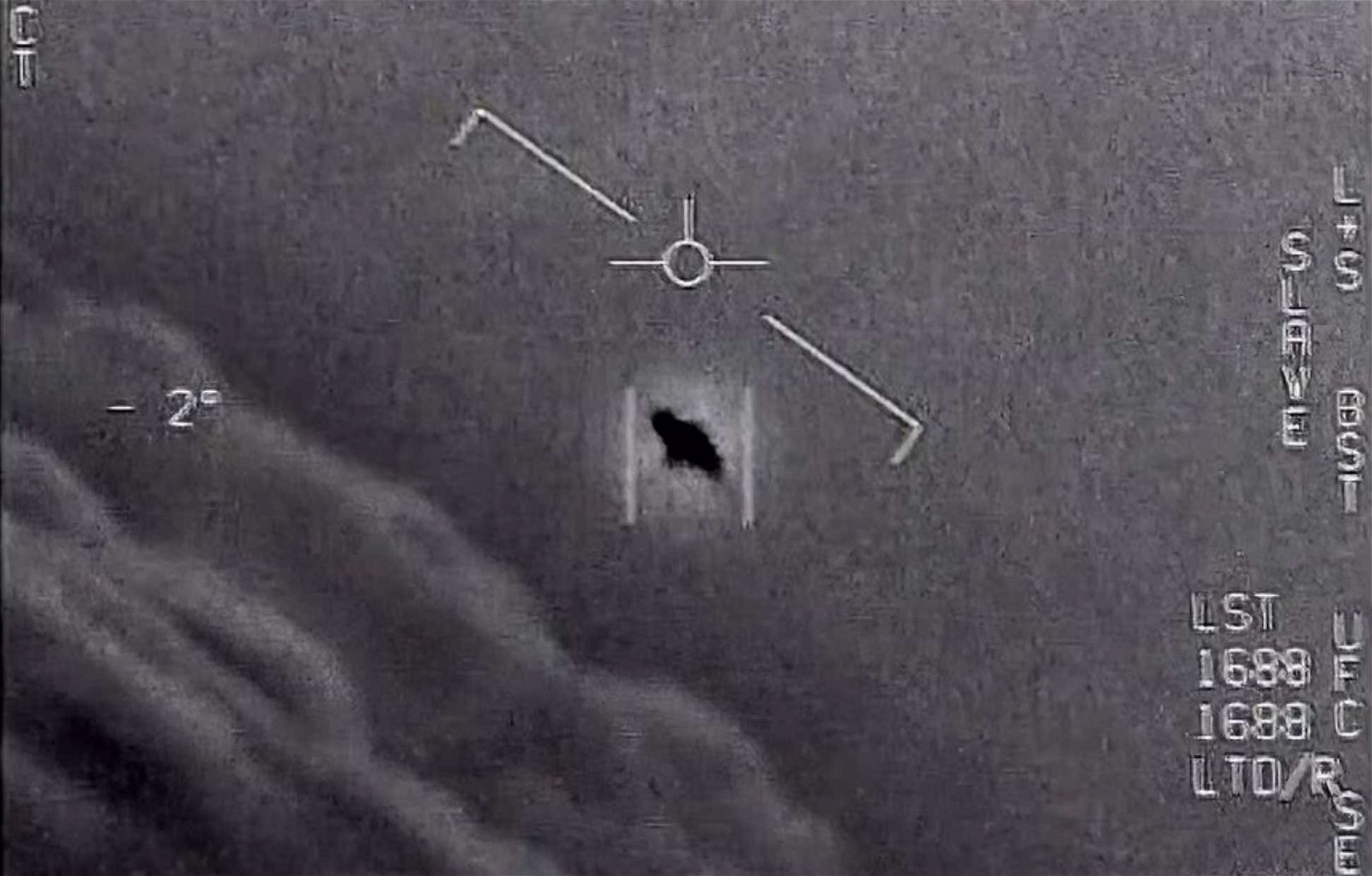The Pentagon’s All-domain Anomaly Resolution Office (AARO), the official investigative authority within the DoD tasked with evaluating unidentified anomalous phenomena (UAP), has just launched a secure portal for receiving information from U.S. military personnel.
The Pentagon announced on Tuesday, October 31, that the secure reporting mechanism would now be accessible through AARO’s official website, which launched earlier this year.
“Today, consistent with Section 1673 National Defense Authorization Act for Fiscal Year 2023, the department launched the second phase of the All-domain Anomaly Resolution Office’s secure mechanism for authorized reporting of unidentified anomalous phenomena,” read a Pentagon statement issued Tuesday afternoon.
However, in contrast to the DoD’s official statement released on Tuesday, the new secure system is not intended as a reporting mechanism for military personnel who have made actual observations of UAP themselves. Instead, the new reporting page on AARO’s website emphasizes that information should only be provided by those who have personal knowledge of U.S. government programs related to UAP.
“AARO is accepting reports from current or former U.S. Government employees, service members, or contractor personnel with direct knowledge of U.S. Government programs or activities related to UAP dating back to 1945,” reads a portion of the new secure reporting page. “These reports will be used to inform AARO’s congressionally directed Historical Record Report.”
While the new reporting mechanism offers the assurance of protection for military personnel who use it to submit such information, those who believe they have information related to UAP programs that may be of interest to AARO and its investigations are nonetheless cautioned against submitting any classified information.
“Please do NOT submit any information that is potentially CLASSIFIED, or unclassified information that is not publicly releasable (e.g. subject to export control regulations),” reads one of the advisory statements on the site’s new secure reporting page.
“If you are unsure whether the information you have is classified or CUI, please do not submit it on this website,” it adds.
The Pentagon says the reports AARO collects through the new secure mechanism, which can be voluntarily submitted by military personnel, “will be used to inform AARO’s congressionally directed Historical Record Report, due to Congress by June 2024, and its investigations into alleged U.S. government UAP programs.”
In June, The Debrief was the first to report on a complaint filed with the Intelligence Community Inspector General, alleging that the existence of a secret U.S. crash retrieval program involved in the acquisition of vehicles believed to be of non-human origin had been illegally withheld from Congress.
The allegations were made by David Grusch, a former employee with the National Geospatial-Intelligence Agency (NGA) who worked with AARO’s predecessor organization, the UAP Task Force, while he was still a U.S. government employee.
On July 26, 2023, Grusch, along with former U.S. Navy fighter pilots David Fravor and Ryan Graves, testified under oath during a Congressional hearing held by the Subcommittee on National Security, the Border, and Foreign Affairs.
Grusch told members of Congress during the hearing that he had spoken with close to 40 members of the U.S. intelligence community who reportedly knew about the highly secretive U.S. government UAP program, although he declined to provide further details during an open hearing.
Dr. Sean Kirkpatrick, the current director of AARO, later pushed back on several of the claims that were provided under oath during the hearing.
“As the Director of AARO’s amazingly talented, devoted, and highly motivated team, I cannot let yesterday’s hearing pass without sharing how insulting it was to the officers of the Department of Defense and Intelligence Community who chose to join AARO,” Kirkpatrick wrote in a statement that appeared on his personal LinkedIn page.
Kirkpatrick added that many of his staff have worked “often in the face of harassment and animosity, to satisfy their Congressionally-mandated mission.”
“They are truth-seekers, as am I. But you certainly would not get that impression from yesterday’s hearing,” read Kirkpatrick’s statement, which resulted in minor controversy after it appeared online.
Currently, U.S. military personnel or other government employees who have observed what they believe to be UAP are advised to continue to “follow the process established by your service branch or federal agency to report the information to AARO,” according to the new secure reporting page that appeared on AARO’s website on Wednesday.
The launch of the new secure reporting system follows the release of AARO’s 2023 Annual Report on UAP, which added 291 new UAP reports to the growing number that AARO and its director, Dr. Sean Kirkpatrick, are currently evaluating.
AARO maintains that there is no evidence that any UAP sightings represent evidence of extraterrestrial technologies, although it concedes that some of the objects observed by U.S. personnel do appear to display advanced capabilities that warrant further investigation.
Micah Hanks is the Editor-in-Chief and Co-Founder of The Debrief. He can be reached by email at micah@thedebrief.org. Follow his work at micahhanks.com and on Twitter: @MicahHanks.

